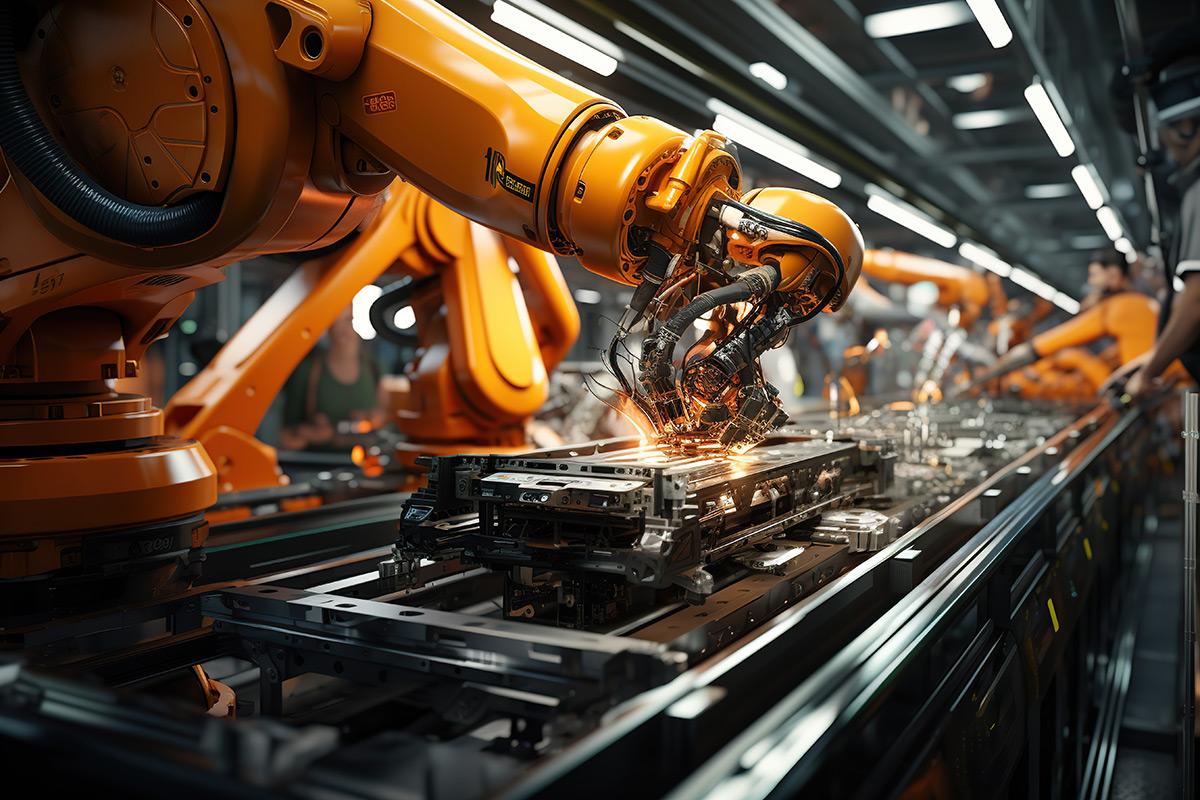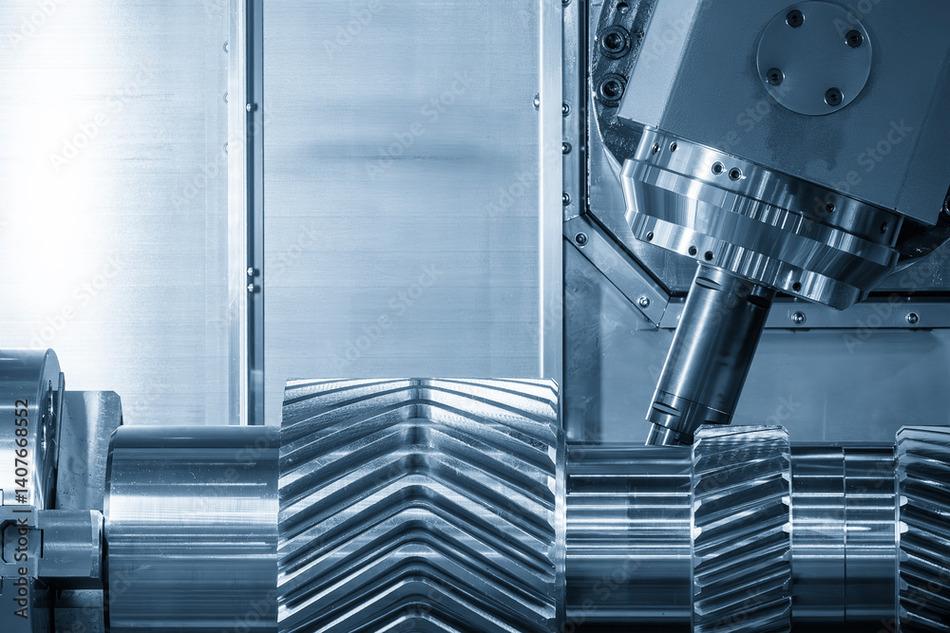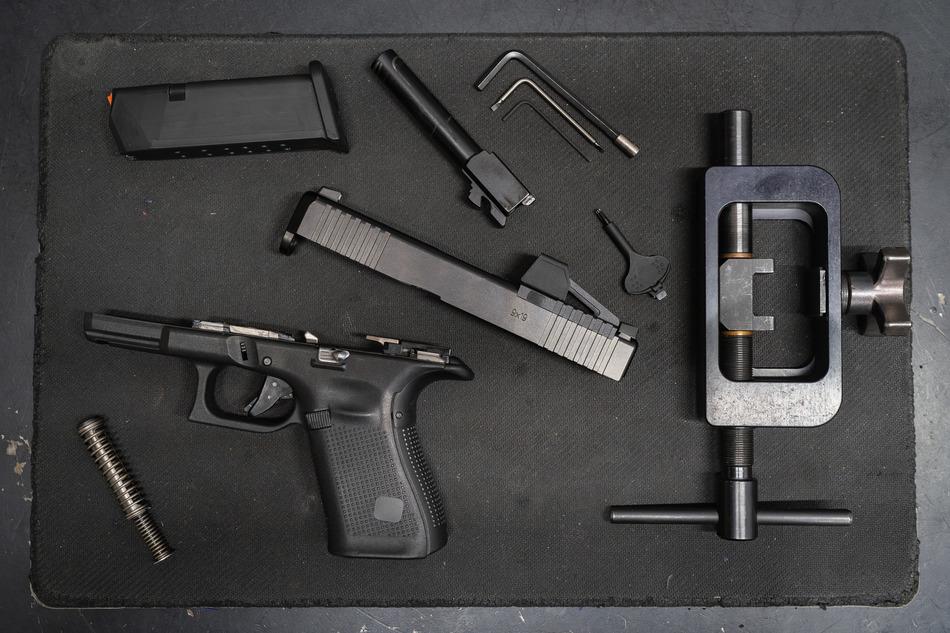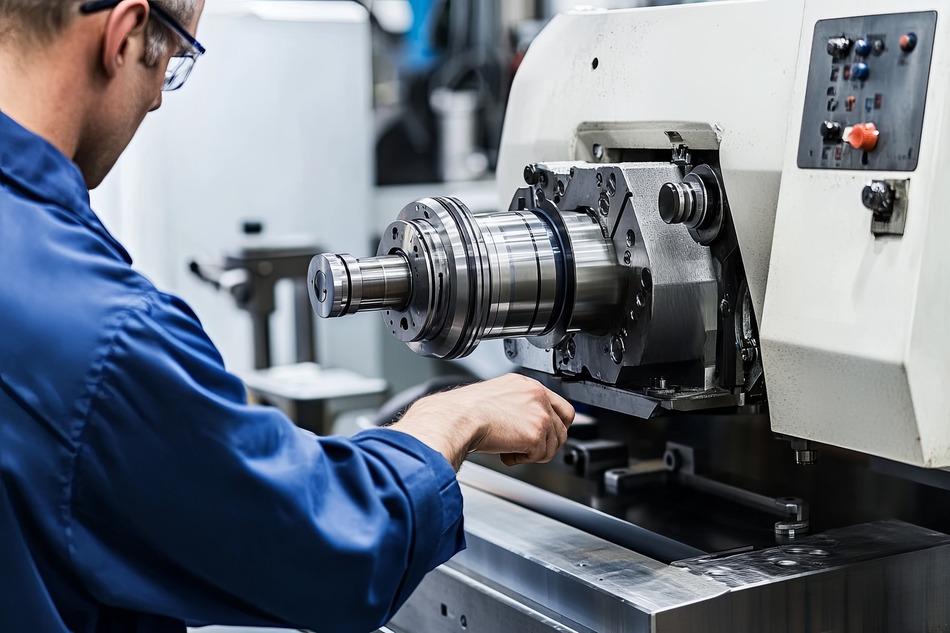The Role of CNC Machining in Electric Vehicle Manufacturing
Electric vehicles (EVs) are getting more popular because they are better for the environment and more efficient. The success of EV production depends a lot on precision machining, especially using CNC (Computer Numerical Control) machining.
CNC machining helps make accurate parts to ensure EVs work well and require less maintenance. This guide will explain how CNC machining supports electric vehicle manufacturing and why it is so important for the automotive industry.
The Future of CNC Machining in EV Manufacturing
As the move from internal combustion engine (ICE) vehicles to EVs continues, CNC machining will be even more important. The need for high-quality and efficient EV parts is growing, and CNC machining offers the precision required to meet these demands.
Advancements in multi-axis machining and automation are enabling manufacturers to produce parts faster and more accurately, which is vital for staying competitive in the automotive industry. As electric vehicles keep improving, CNC machining will play a big role in building the vehicles of the future.
How CNC Machining Benefits Electric Vehicle Manufacturing
EVs need different parts that must work perfectly together for the vehicle to run well. Precision machining is essential for making components in electric motors, battery packs, and other powertrain parts. CNC machining can create parts that fit exactly right, making sure the vehicle is safe and efficient.
- Accuracy
CNC machining is accurate to thousandths of an inch, which is important for making complex parts that need to fit together precisely. - Consistency
CNC machines can produce identical parts consistently, which is crucial for mass production and meeting quality standards.
Efficiency and Cost Savings
CNC machining makes EV production more efficient and cost-effective. CNC machines are automated, allowing them to produce parts faster than traditional methods, saving time and money for automotive manufacturers. This efficiency is important as the EV market grows.
- Automated Production: CNC machines can work all the time, making parts 24/7. This helps meet the high demand for electric vehicles.
- Reduced Waste: CNC machining reduces material waste by producing parts with precision, minimizing the need for rework or scrapping defective parts.
Flexibility in Making Complex Parts
Electric vehicles have many parts, such as battery enclosures, rotary shafts, and linear ball bearings, that often feature complex designs. CNC machining, combined with advanced CAM software, allows manufacturers to produce these complex parts with high accuracy. CNC machines can be reprogrammed easily, making it convenient for creating new designs and prototypes.
- Complex Shapes: CNC machines can create parts with intricate shapes, such as battery packs and cooling system components, that are essential for EVs.
- Rapid Prototyping: CNC machining is ideal for creating prototypes of new EV parts. This helps manufacturers test new designs quickly and make improvements before mass production.
Durability and Quality of EV Components
CNC machining uses high-quality materials like aluminum alloys, stainless steel, and advanced plastics to create reliable EV parts. These materials help ensure that electric vehicles are durable and perform effectively. CNC machining ensures that every part meets strict quality standards.
- Material Flexibility: CNC machining can use different materials, allowing manufacturers to pick the best one for each EV part. This includes materials that help with reducing weight or handling high temperatures.
- Reliable Performance: Each part made with CNC machining is made to exact standards, which means the parts work well and make the vehicle more reliable.
Key Uses of CNC Machining in EV Manufacturing
- Battery Packs and Enclosures
Battery packs are a key part of electric vehicles, and their enclosures need to be strong, lightweight, and resistant to heat. CNC machining is used to make these enclosures from materials like aluminum, which is both strong and light. Precision ensures that the battery enclosures fit perfectly and protect the cells. - Electric Motor Components
The electric motor is the heart of every EV. CNC machining is used to make important motor components, such as housings, rotors, and stators. These parts need precision machining to make sure the motor runs smoothly and efficiently. - Powertrain and Drivetrain Parts
CNC machining is used to make powertrain parts like gears, rotary shafts, and differentials. These parts need to be very accurate to make sure power moves from the electric motor to the wheels efficiently. - Cooling System Components
Electric vehicles create a lot of heat, especially in the battery packs and electric motor. CNC machining makes cooling system parts, like heat sinks and cooling plates, that help manage temperatures. Precision machining makes sure these parts fit well and work effectively. - Body Panels
Body panels are made from innovative materials to reduce weight and improve how well EVs move through the air. CNC machining allows manufacturers to make these panels with precise shapes and smooth surfaces, which helps the vehicle be more efficient.
How CNC Machining Powers Electric Vehicles
CNC machining is crucial for electric vehicle production, giving the precision, efficiency, and flexibility needed to make high-quality parts. By using CNC machining, manufacturers can make reliable parts that help EVs perform well while keeping production costs low. As the electric vehicle industry grows, CNC machining will continue to be a key technology for making the parts that power future transportation.




